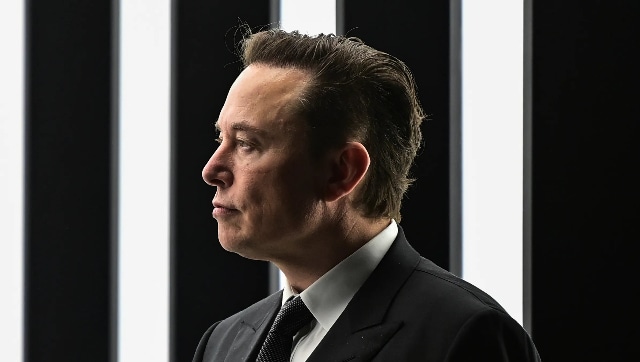When Elon Musk announced that he would be charging $8 a month for users for a Blue verified check and a couple of other features on Twitter, almost everyone familiar with the trolling and shitposting on the platform knew that this would turn out to be a disaster and that trollers and scammers would misuse the system to create chaos.

It turns out, that Twitter’s trust and safety team had similar thoughts as well. In fact, they had sent numerous memos saying that spammers would abuse the system. Elon Musk ignored internal warnings from Twitter’s trust and safety team when he rolled out his failed paid verification scheme, according to an article co-published by Platformer & The Verge.
About a week before the November 9 launch of Musk’s revamped Twitter Blue subscription, which gave users who pay $8 per month a blue checkmark even if they weren’t previously verified, the trust and safety team circulated a seven-page list of recommendations intended to help Musk avoid the most obvious and damaging consequences of his plans for Blue.
“Motivated scammers/bad actors could be willing to pay… to leverage increased amplification to achieve their ends where their upside exceeds the cost,” the document said. This warning was “labelled ‘P0’ to denote a concern in the highest risk category,” the article said.
Speaking of another P0 risk that would arise from the way Twitter Blue’s model would be implemented, the trust and safety team had warned that the paid checkmarks could lead to “impersonation of world leaders, advertisers, brand partners, election officials, and other high-profile individuals… Legacy verification provides a critical signal in enforcing impersonation rules, the loss of which is likely to lead to an increase in impersonation of high-profile accounts on Twitter.”
The problems Twitter employees warned of arose quickly after the Twitter Blue rollout, as scammers eagerly paid $8 for checkmarks that made it easy to impersonate prominent accounts.
Most people trolled Elon Musk by changing their profile names and display photos to that of Musk himself, but trollers went a step beyond that. While many tweets from fake ‘verified’ Twitter handles of Nintendo, Pepsi, Lebron James, and Donald Trump, which trollers were running, caused some major confusion, an account imitating Eli Lilly, the American pharma company making the life-saving drug insulin caused the actual company lost billions of dollars.
Musk halted the paid verification scheme after only two days, although Musk said it would “probably” be reinstated by the end of next week, before setting a final release date of November 29.
from Firstpost Tech Latest News https://ift.tt/DFRM1S0

No comments:
Post a Comment
please do not enter any spam link in the comment box.